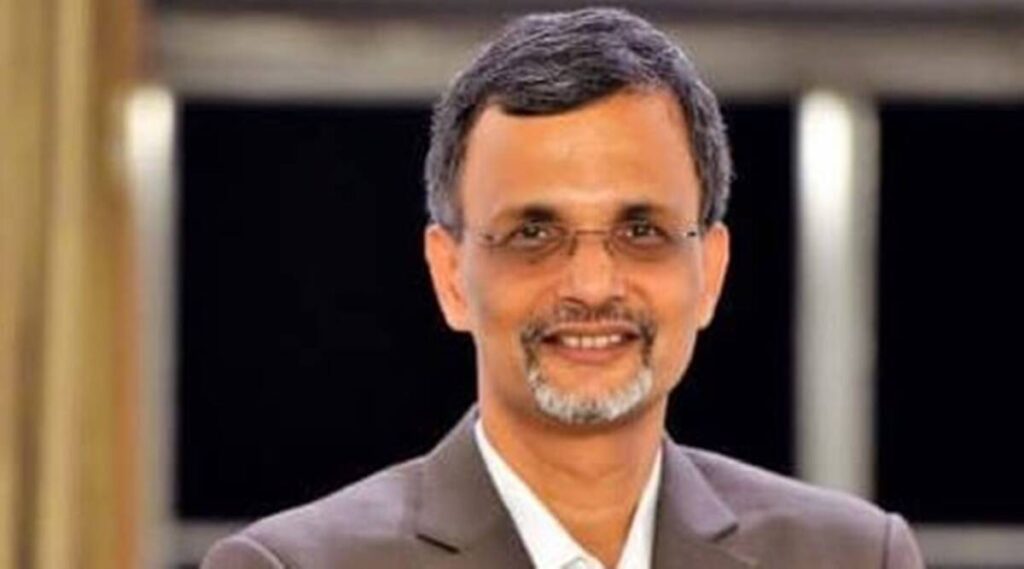For its next economic stage — Economy 2.0 — India needs to be a “responsible economy” with fiscal prudence, power and education sector reforms, and less government litigation to make up for losses during the pandemic year, as well as a different approach to public health, Chief Economic Adviser (CEA) V Anantha Nageswaran said.
“Technology can be the icing on the cake,” he said, addressing the inaugural session of the 7th India Ideas Conclave on ‘India-2.0 Rebooting to Meta Era’, organised by India Foundation, a think tank backed by the RSS.
While accepting the appreciation for India’s growth story, he said, “There’s more to achieve, to deliver the kind of growth rate to take us to a middle-income economy from a lower-income economy. We have to have a vibrant financial system which provides funds for growth.”
He said the Ukraine crisis has proved that technology as it is at its best can give partial answers to the challenges India faces, but the turmoil created in the financial sector and fluctuations in the cryptocurrency market during this time have proved that “humans are driven by fear and greed” and “sometimes technology can accentuate them.”
“Manufacturing complexes have to be increased, private sector has to ensure that MSMEs are paid on time and the attitude towards public health should be changed,” Nageswaran said, adding that the recent National Family Health Survey found that obesity level in the country is on the rise. “India should not be unhealthy when it gets economic growth … correct food labelling is very important.”
Stating that the Centre had to spend time clearing the balance sheet by paying dues as India had to build the system, he said fiscal prudence is the only way out. The country had a difficult last decade as banks had overlent and the corporate sector over borrowed, the CEA added.
Buy Now | Our best subscription plan now has a special price
He said the Centre’s move to re-embark on privatisation and asset monetisation have however improved the balance sheet.
The CEA also lauded the current government’s efforts to push reforms even during the unfolding the Covid crisis by introducing new schemes, reduction of corporate tax and relaxing rules for startups.
Union Minister Ashwini Vaishnaw, also speaking at the inaugural session of the three-day event, said India would have to sharpen its edge in telecom sector and semiconductor manufacturing, master the design and manufacturing ecosystem of devices, and work for digital inclusion for India 2.0. He said that once global standards have “our inputs, the acceptance of our technology will increase”. “Technology can be pervasive and be useful … We will have to create a regulatory structure in which the accountability of manufacturers comes along with freedom of users,” Vaishnaw added.

